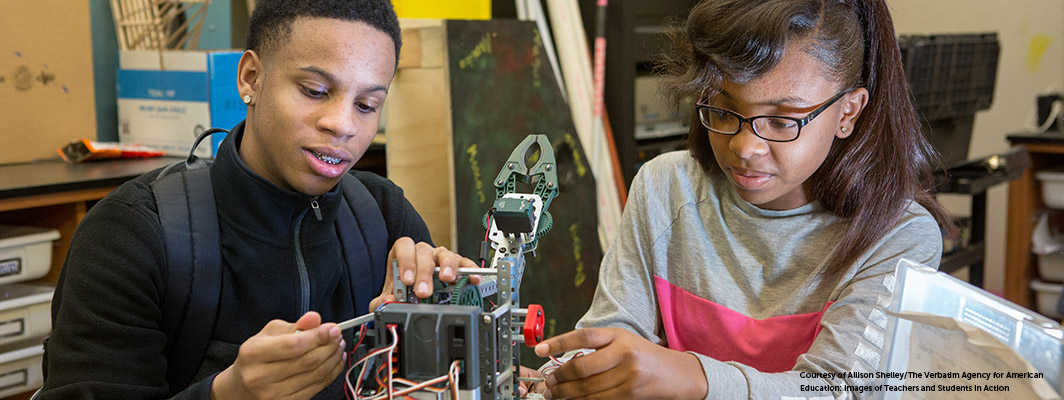Play and school can seem diametrically opposed. School is structured, often focused on order; play, by definition, is not.
But within this paradox of play and school, educators can find meaningful learning opportunities, advancing students’ academic skills as well as the social skills that will allow them to thrive in adulthood and enjoy their childhood now, according to researchers from Project Zero (PZ), a research center at the Harvard Graduate School of Education.
With support and collaborative input from the LEGO Foundation, Project Zero embarked on an exploration of the pedagogy of play in 2015, in partnership with the International School of Billund in Denmark, which has made play a key part of its approach to learning. Since then, researchers have looked at how play enlivens lessons in three schools in South Africa, as well. The goal is to understand, articulate, and advocate for the role of play in learning and schools.
In Denmark, playful learning has meant allowing middle school students to design their own schedules for two weeks, for instance; or students drawing a map of the world onto an orange. In South Africa, it looked like five-year-olds drawing words with the ‘er’ sound. Universally, a playful pedagogy allows students to experiment, use their imaginations, and be creative.

